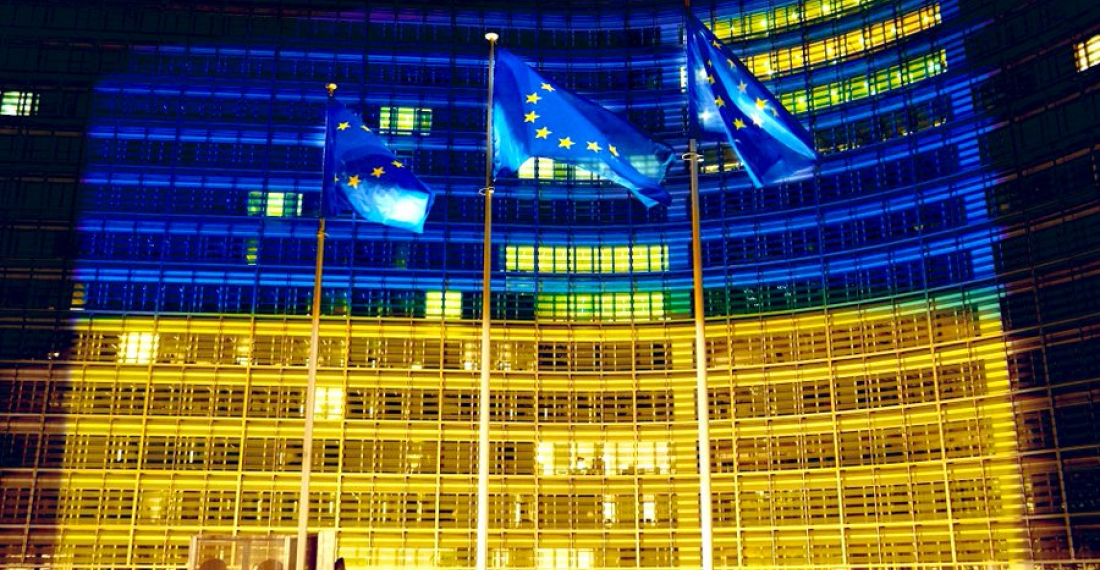A wave of anger is spreading across the world as the drama of the Russian invasion of Ukraine plays out on the second day of the invasion. On Thursday morning Russia broke the peace on the European continent, unleashing a massive attack against its smaller neighbour. Russian troops, support by air and naval forces, have attacked from three sides and are busy destroying or occupying strategic sites and spreading across the country.
The US and the EU have announced crippling economic and financial sanctions against Russia, but there impact is expected to be long term, and in the meantime the dismemberment of a European country continues in front of the eyes of the world, which otherwise appears impotent to act.
According to the Ukrainian government, 137 Ukrainian citizens - both soldiers and civilians - died on Thursday, the first day of a massive Russian military assault.
Throughout Thursday, world leaders lined up to condemn the Russian invasion in the strongest possible terms:
In his remarks at the White House, President Biden said that he believes Vladimir Putin "has much larger ambitions" that go far beyond Ukraine's borders.
"He wants to, in fact, re-establish the former Soviet Union, That's what this is about".
"His ambitions are completely contrary to the place where the rest of the world has arrived," he added.
British prime minister, Boris Johnson, told MPs in London that President Vladimir Putin was a "bloodstained aggressor" who would "stand condemned in the eyes of the world and of history" for invading Ukraine.
In Brussels, the first reaction to the Russian invasion was disbelief. However this was soon replaced by anger as the full extent of the Russian objectives became clear. There were angry statements by EU Council President Charles Michel and EU Commission President Ursula von der Leyen.
Speaking after a long meeting with the Heads of the EU member states, EU High Representative, Josep Borrell, outlined some of the work that has been going on to prepare the EU response:
I have been reaching out to many countries around the world, forging an alliance of people who want to protect the sovereignty of the nations, the freedom of the people and the integrity of the borders inside internationally recognised borders.
That has been on the side of the diplomatic outreach. A diplomatic outreach that still constitutes an important tool in facing Russia.
Second, building the sanctions that have been agreed, more or less, by the Council of Permanent Representatives (Coreper), the Member States and that now have to be decided by the leaders.
The leaders did agree, and the formal approval is expected on Friday.
In unleashing this war on Thursday morning, President Putin assured Russians it was going to be a short war, even though he knows very well this is not going to be the case, and that the cost for Russia is going to be enormous. Whether the Russian people have the same single minded view of things as Putin does is another matter. Most Russians usually fall in line once the men in the Kremlin – or in this case the man in the Kremlin – have made up their mind. Putin’s Russia is no democracy, but Russians are aware of what is going on around them. One can sense a disquiet at the turn of events which augurs badly for Mr Putin. A long protracted conflict will severely test the resilience of the current Russian leadership. Already last night, thousands took to the streets in Russian cities, to protest against the war. Many shouted, this is Putin's war, not ours.






